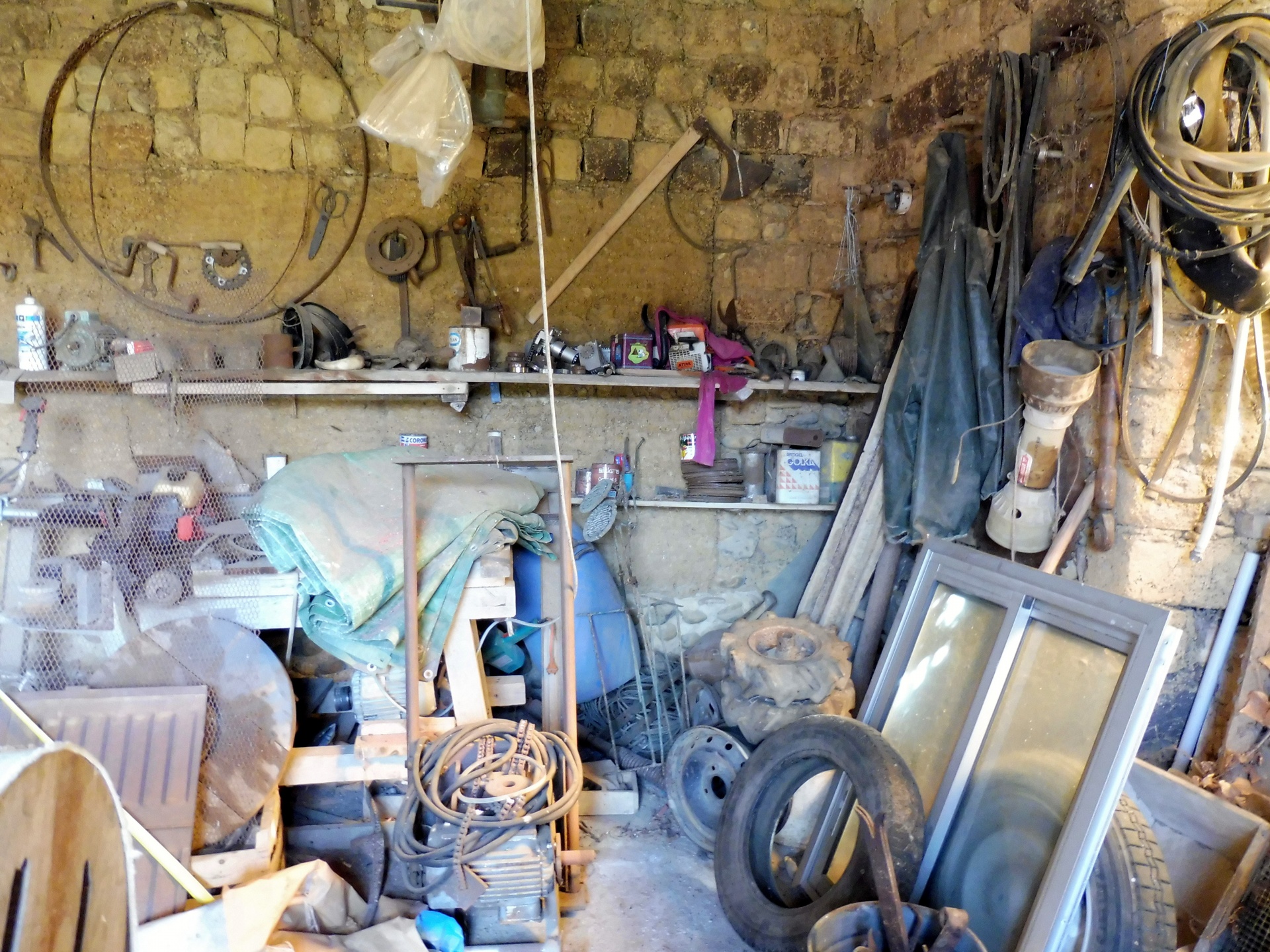When it comes to grilling, choosing the right brand can make all the difference in your outdoor cooking experience. Two of the most popular names you’ll come across are Weber and Char-Broil. Both have loyal followings and offer a range of grills that promise to elevate your BBQ game.
But which one is right for you? Whether you’re a seasoned grill master or just starting out, understanding the key differences between Weber and Char-Broil can help you make an informed decision. Let’s dive into what sets these two brands apart and find out which one suits your grilling needs best.
Overview of Weber and Char Broil Brands
Choosing between Weber and Char-Broil can be challenging. Both brands enjoy robust reputations and offer diverse grilling options.

History and Market Presence
Weber:
- Founded in 1952.
- Recognized for outdoor grills and cooking gear.
- Global market reach with a strong US presence.
Char-Broil:
- Established in 1948.
- Known for innovative grill designs.
- Broad distribution network in North America and beyond.
Key Product Ranges
Weber:
- Gas Grills: Genesis II, Spirit Series.
- Charcoal Grills: Original Kettle, Performer Series.
- Electric Grills: Q Series.
- Portable Grills: Go-Anywhere, Smokey Joe.
- Gas Grills: Performance Series, Commercial Series.
- Charcoal Grills: Kettleman, American Gourmet Series.
- Electric Grills: Bistro Series.
- Portable Grills: Grill2Go, Tripod Grill.
Design and Build Quality
When comparing Weber and Char-Broil grills, it’s important to scrutinize their design and build quality.
Material Used
Weber uses high-grade stainless steel, enameled porcelain, and cast iron for its grill parts. These materials ensure longevity and resistance to rust. Char-Broil incorporates stainless steel and porcelain-coated steel, which provide good durability but might not match Weber’s high-grade materials.
Durability and Warranty
Weber grills typically last longer due to superior materials and construction. They come with a 10-year warranty on many parts. Char-Broil offers a shorter warranty, usually around 1-5 years, highlighting the difference in expected longevity.
This section highlights critical factors in choosing between Weber and Char-Broil grills.
Performance Comparison
Heat Distribution
Weber grills offer even heat distribution. Their design keeps temperatures consistent across the cooking surface. Stainless steel burners and Flavorizer bars enhance performance. Examples like Weber Spirit II ensure fewer cold spots.
Char-Broil, however, shows mixed results. Some models, like the Performance Series, distribute heat well. Others have uneven heat zones. TRU-Infrared technology improves heat consistency but not across all models.
Fuel Efficiency
Weber’s efficient design uses minimal fuel. Consistent temperatures reduce gas consumption. Fuel-efficient Weber Genesis models demonstrate significant savings over time.
Char-Broil varies by model. TRU-Infrared aids in fuel saving. However, standard models may consume more gas, impacting overall efficiency.
Price and Value for Money
« Should You Use Mayo on Your Houseplants’ Leaves? Discover What Experts Really Think
10 Urban Gardening Ideas That Will Transform Your Small Space and Boost Your Health »
When comparing Weber and Char-Broil, price and value matter significantly.
Entry-Level Models
Weber’s entry-level models, like the Weber Spirit II E-210, cost around $379. They’re built with durable materials like cast iron, offering good heat retention. The 10-year warranty adds value by promising longevity.
Char-Broil’s entry-level models, like the Performance 300, usually cost between $150 and $200. They feature porcelain-coated grates and a 1-5 year warranty. Although more affordable, these models may not last as long as Weber’s.
High-End Models
Weber’s high-end models, such as the Summit S-670, start from $2,799. These grills include advanced features like six burners and sear stations. They promise durability with their stainless steel construction and 10-year warranty.
Char-Broil’s high-end models, like the Commercial TRU-Infrared 4-Burner, cost around $700. These grills offer innovative features like TRU-Infrared cooking technology and durable construction but come with a shorter 5-year warranty.
Choosing between the two depends on budget and long-term value expectations.
Customer Reviews and Feedback
Satisfaction and Reliability
Weber owners praise their grills for durability. Many appreciate even heat distribution and consistent cooking results. Users find Weber’s 10-year warranty reassuring. Char-Broil users commend affordability. They often highlight innovative features at lower price points. However, satisfaction varies with the specific model.
Common Complaints
Weber users often mention high initial costs. Some note issues with customer service response time. Char-Broil users frequently report rust and wear over time. Complaints often include uneven heat distribution in certain models. Both brands receive feedback about replacement part availability.
Conclusion
Choosing between Weber and Char-Broil really comes down to your priorities and budget. If you value long-term durability and even heat distribution, Weber’s higher price might be worth it for you. Their 10-year warranty and robust construction ensure you’re investing in a grill that’ll last.
On the other hand, if you’re looking for affordability with innovative features, Char-Broil offers great options at lower price points. While their grills might not last as long, they still provide a good grilling experience for the cost.
Ultimately, both brands have their strengths and cater to different needs. Consider what’s most important to you, and you’ll find the perfect grill to elevate your outdoor cooking game. Happy grilling!















